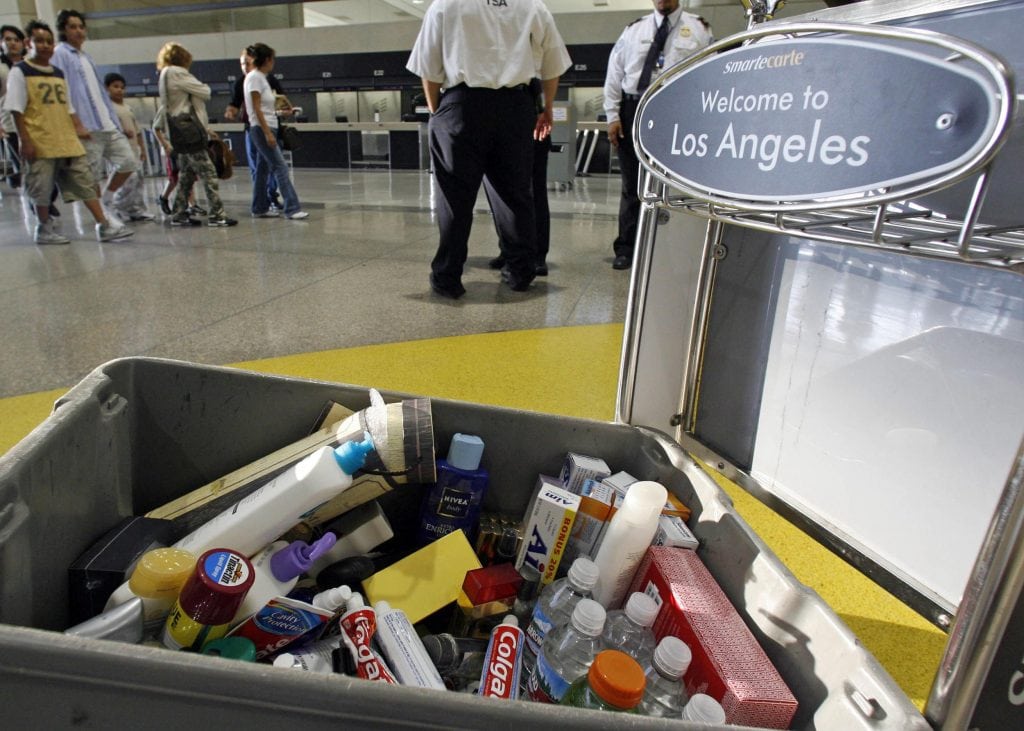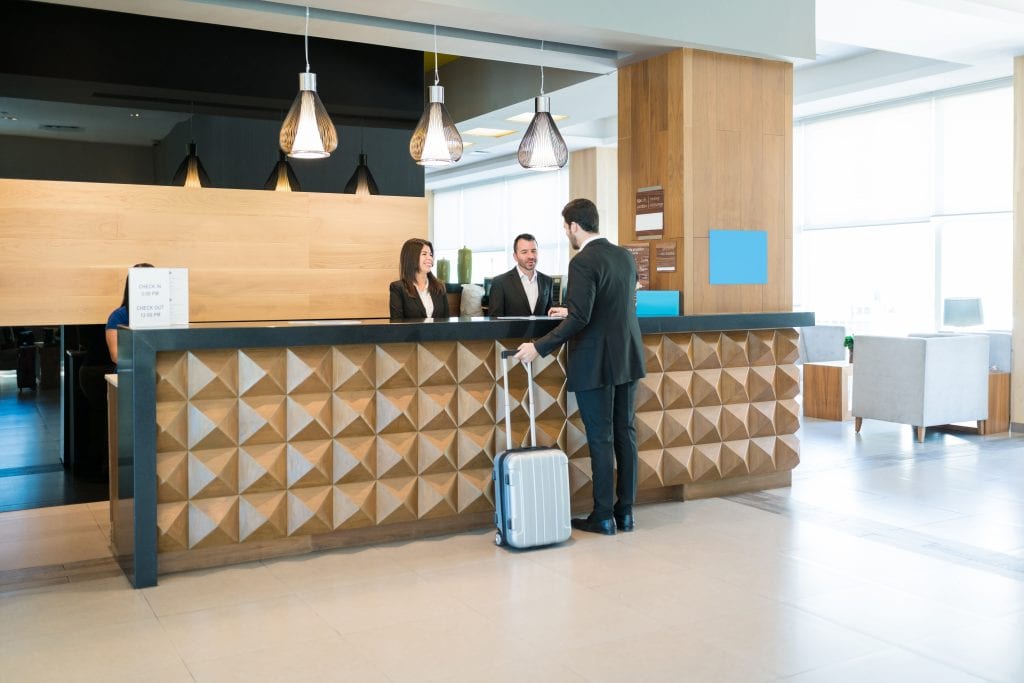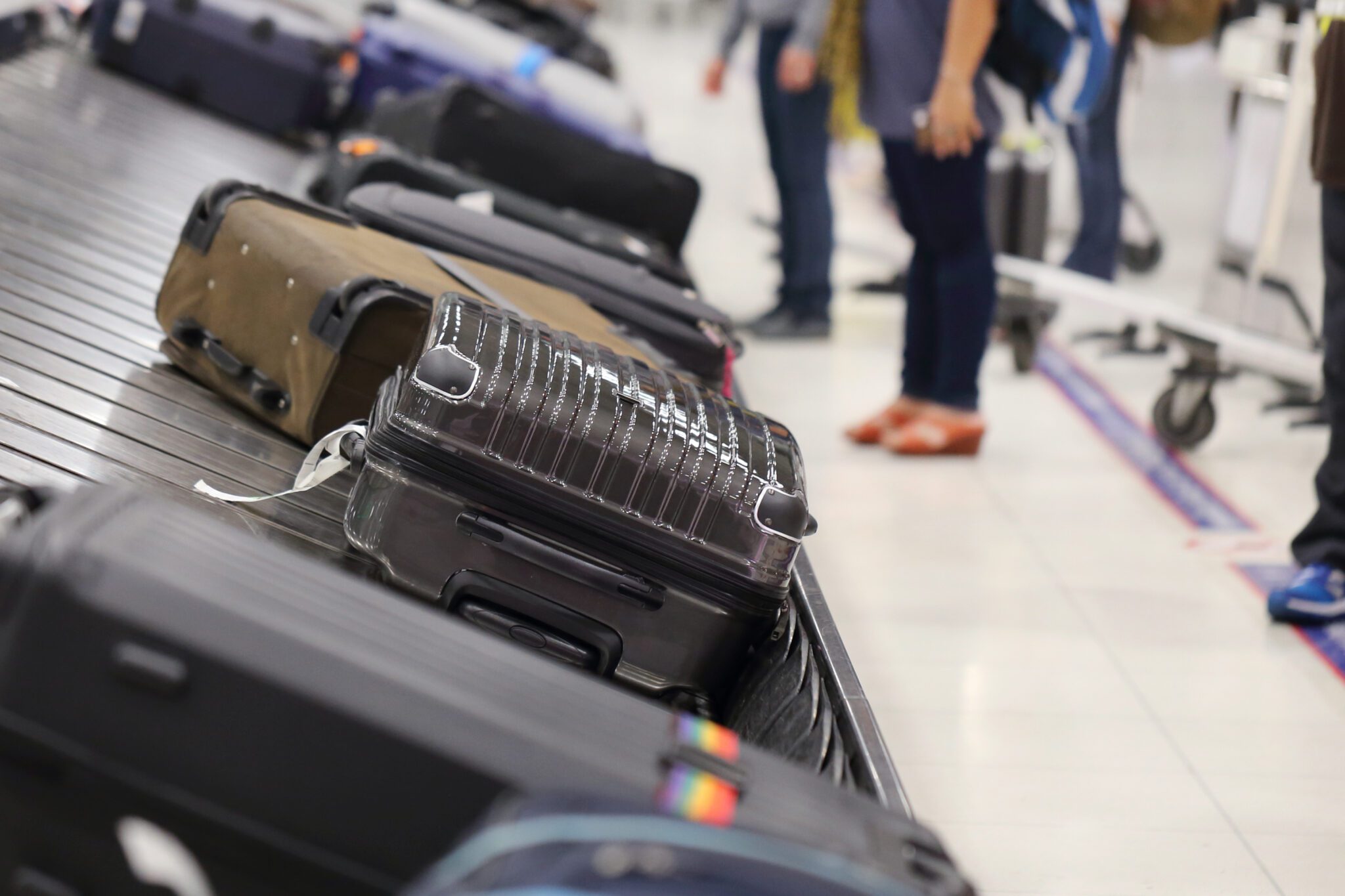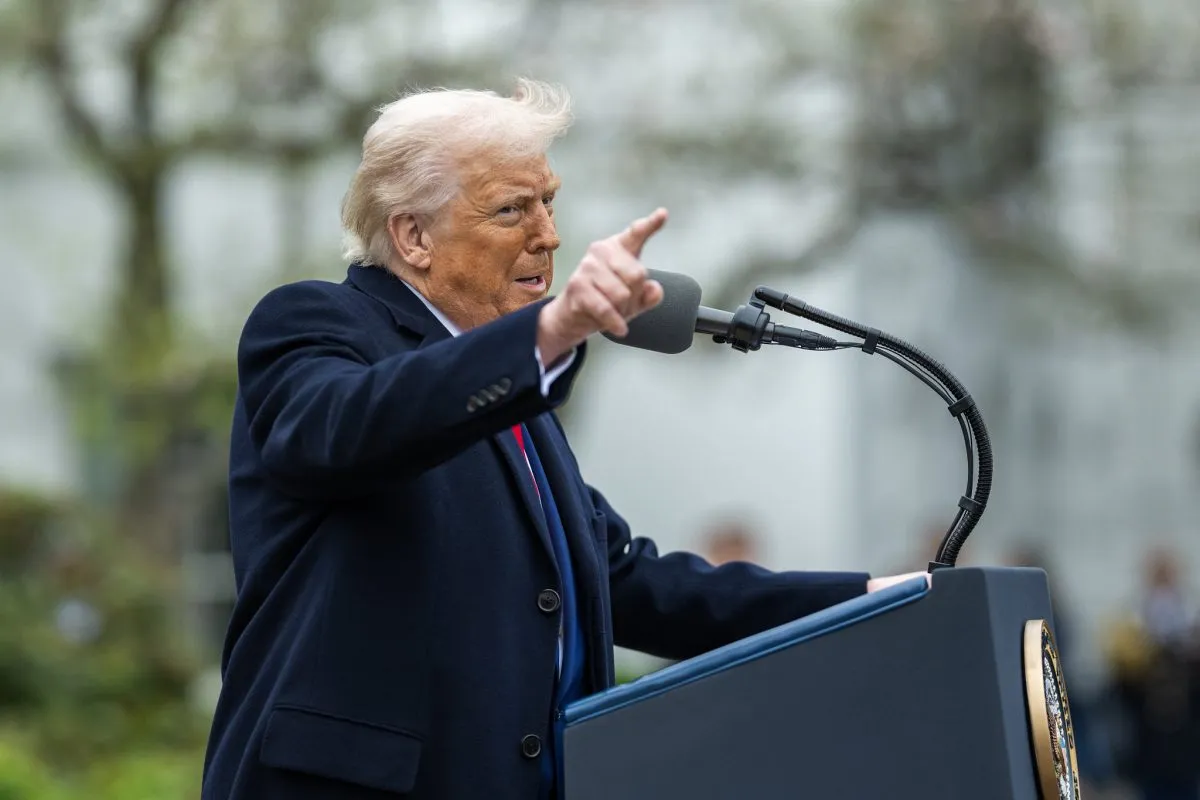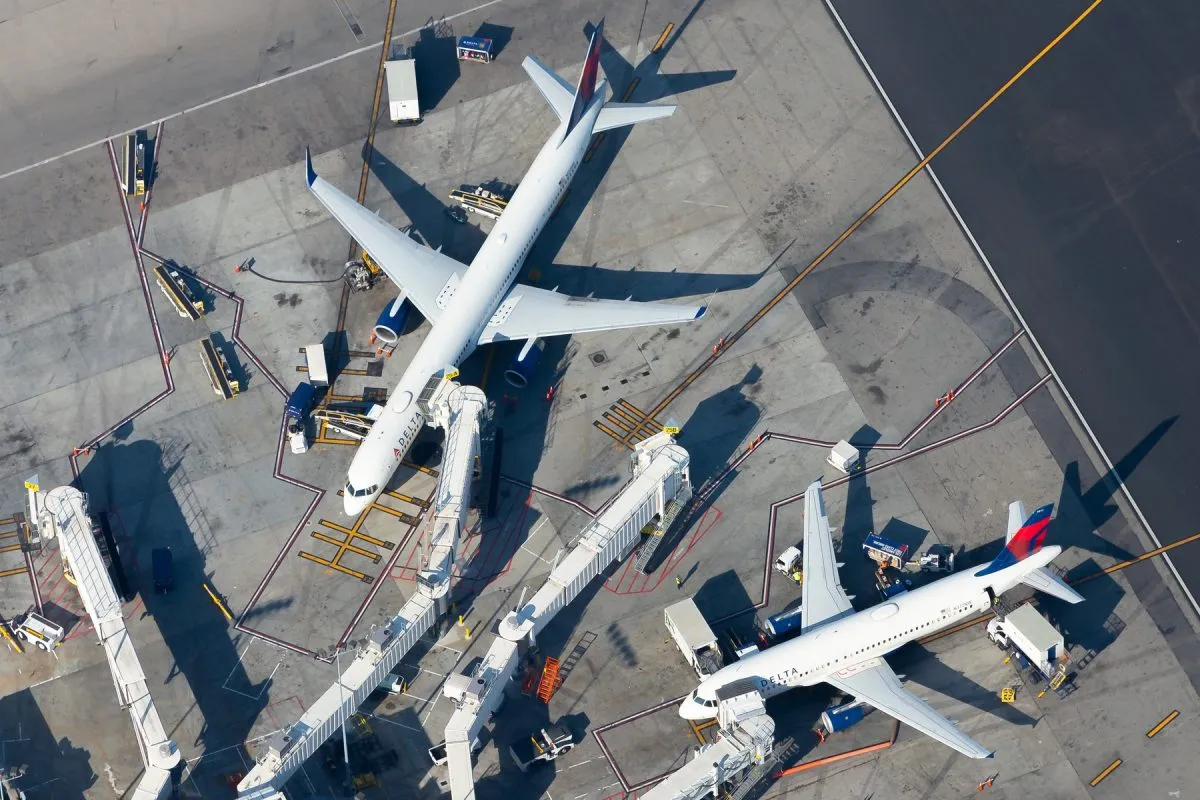The Enduring Impact of 9/11 on the Business of Travel
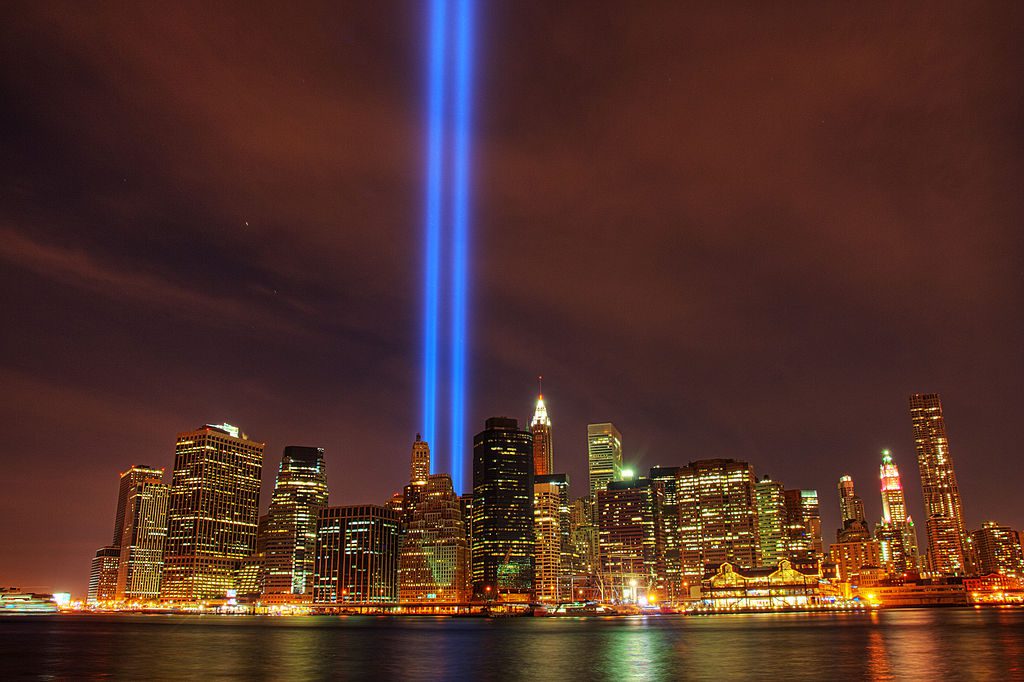
Skift Take
In a matter of three hours on a beautiful, crisp September morning two decades ago, the future of the travel industry changed forever.
As the world prepares to remember and honor the victims on the 20th anniversary of 9/11 on Saturday, the aviation business, in particular, still feels the impact deeply from that day when air traffic was eerily grounded. Even hotels still live with specter of being soft targets.
Gone are the days of strolling through an airport without the need for a boarding pass. However, an airport pilot program testing the efficacy of allowing non-ticketed passengers past security has come into play in the past few years.
Instead, passengers and airline personnel alike face increasing enhanced security measures in airports and on aircraft — not to mention additional taxes on tickets and travel to pay for all the additional security.
Getting to and from destinations is an endurance play, like it never was before. The hassles and delays are just part of the adventure of travel nowadays. And the Transportation Security Administration, created by President George Bush in the weeks right after the 9/11 attacks, now strikes dread in travelers when they hear its acronym, TSA. It equals long lines, and shoes and belts off.
Still, it seems like a small price to pay for peace of mind and the sense of security taken away when a group of Al Qaeda terrorists hijacked two American Airlines and two United planes, turning them into weapons, killing everyone on board and thousands on the ground.
"There have been a whole host of new security enhancements and initiatives that have come into place since 9/11, many of which may be obvious. And some are behind the scenes, and really can't be discussed," said Christopher Bidwell, Airport Council International-North America's senior vice president of security.
The TSA alone has an annual budget north of $7.25 billion. What airlines and other travel organizations spend on top of that in enhanced security is hard to come by because of the sensitive nature of those efforts.
Bidwell said a not-so-obvious precaution is "see something, say something" and the training that goes along with that for all aviation workers.
On the day of the attack, the Federal Aviation Administration (FAA) coordinated with federal partners and airline-related agencies, including air traffic control, to form an interagency teleconference that became the Domestic Events Network.
The FAA said that this network is the primary tool for aviation security stakeholders to coordinate responses to threats and share situational awareness.
Besides dealing with the aftermath of the tragedies, the global airline industry faced an unprecedented potential shut down within six days after September 11, when airlines received seven-day cancellation notices of industry third-party war insurance from aviation insurance companies.
The FAA stepped in, issuing premium third-party liability war risk insurance for U.S. carriers. Globally, some nations provided temporary aid to airlines during the initial period, said the International Air Transport Association (IATA), a trade association representing 290 of the world's airlines.
Once the private sector returned to the market, airlines were able to get insured at a substantial increase of an additional $2 billion in premiums for more limited coverage than offered by some nations, IATA said.
September 11 brought additional changes to the aviation industry, including the federalization of airport security and the creation of Homeland Security besides the TSA.
One of the most visible changes at airports is the presence of airport law enforcement sometimes carrying long guns and doing security checks in public and sterile areas, Bidwell said.
Other notable changes to security include sharp-objects restrictions, explosive detection screening for checked bags, carry-on bags, and passengers.
Along with these changes came the enhanced security fees borne by the flying public. In the U.S., airlines collect a $5.50 September 11 security fee incorporated into a one-way ticket purchase or $11.20 for a roundtrip ticket. The money is then forwarded to the TSA, the agency's website showed.
"Since 9/11, USA has spent over $100 billion in aviation security, significantly more than other countries during this period," said a 2020 Scientific Research's Economic Study of the U.S. Post 9/11 Aviation Security.
From 2002 to 2018, the European continent's total security expenditures raised between $2.66 billion to $6.44 billion from carrier security surcharges, airport security charges, state aviation security taxes, and state grants and subsidies, the Scientific Research economic study said.
The industry and government both recognize that cyber security has become as critically important as physical security measures, said Airlines for America (A4A), a trade group representing leading U.S. airlines.
A4A said it recognizes the importance of continuing to invest in these new technologies and systems as the threat landscape continue to rapidly evolve.
A crucial security measure resulted from regulators directing airlines to change fleet cockpit doors to reinforced locked doors, which have now become the norm.
Twenty years later, the union representing American Airlines pilots is still fighting to get a secondary barrier for reinforced cockpit doors as another line of defense, said Dennis Tajer, a spokesman for the Allied Pilots Association, which represents American's pilots.
Tajer said everything has changed since the attacks, including training requirements for pilots and flight attendants.
"Our jobs changed forever on September 11, 2001. Flight attendants became the last line of defense in aviation history," said Taylor Garland, spokesperson for the Association of Flight Attendants-CWA.
Garland emphasized the threat of hijacking is very different from the threat of terrorism—that training has changed significantly since that day.
"Where we stand during boarding changed. How pilots go to the bathroom changed. Our situational awareness changed. We are trained to combat terror threats in addition to cabin safety, aircraft evacuation, and medical emergencies," Garland said.
One of the challenges is the lack of complete consistency in security procedures and processes. This bugs people a lot, said Henry Harteveldt, a travel industry analyst with Atmosphere Research Group.
"In one country or one airport you'll be allowed to leave your shoes on, but take off your belt. In another country or airport, it might be, do the opposite," Harteveldt said. "And I'm not talking about something like Pre-Check or Known Traveler, I'm talking about standard security."
September 11 has had the most substantial impact of any modern or any post-war, of how we travel since the implementation of airport security screening in the early 1970s, he said.
Air travel hasn't been the only industry impacted by the necessary changes following the terrorist attacks. Hotels go hand-and-hand with destination flying are more alert than pre-9/11.
Citing sporadic attacks against hotels, including two in Mumbai, India, in 2018, Harteveldt said hotels remain a vulnerable "soft target."
"Depending on their location, some hotels have since increased their security by gating their entrances and installing security checkpoints for arriving cars," he said.
Although Harteveldt has seen "airport style" security screening for arriving hotels guests where their luggage must pass through an X-ray machine and guests must walk through a magnetometer, he said relatively few hotels added enhanced security measures that are made public.
And security measure will change as threats evolve, Bidwell said.
